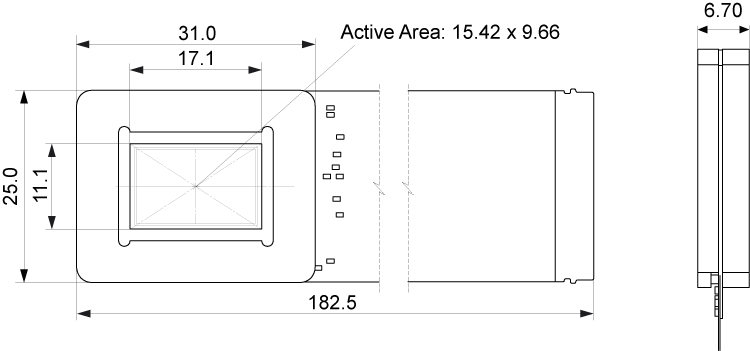[ 產品資訊 ] – ERIS Phase OnlySpatial Light Modulator
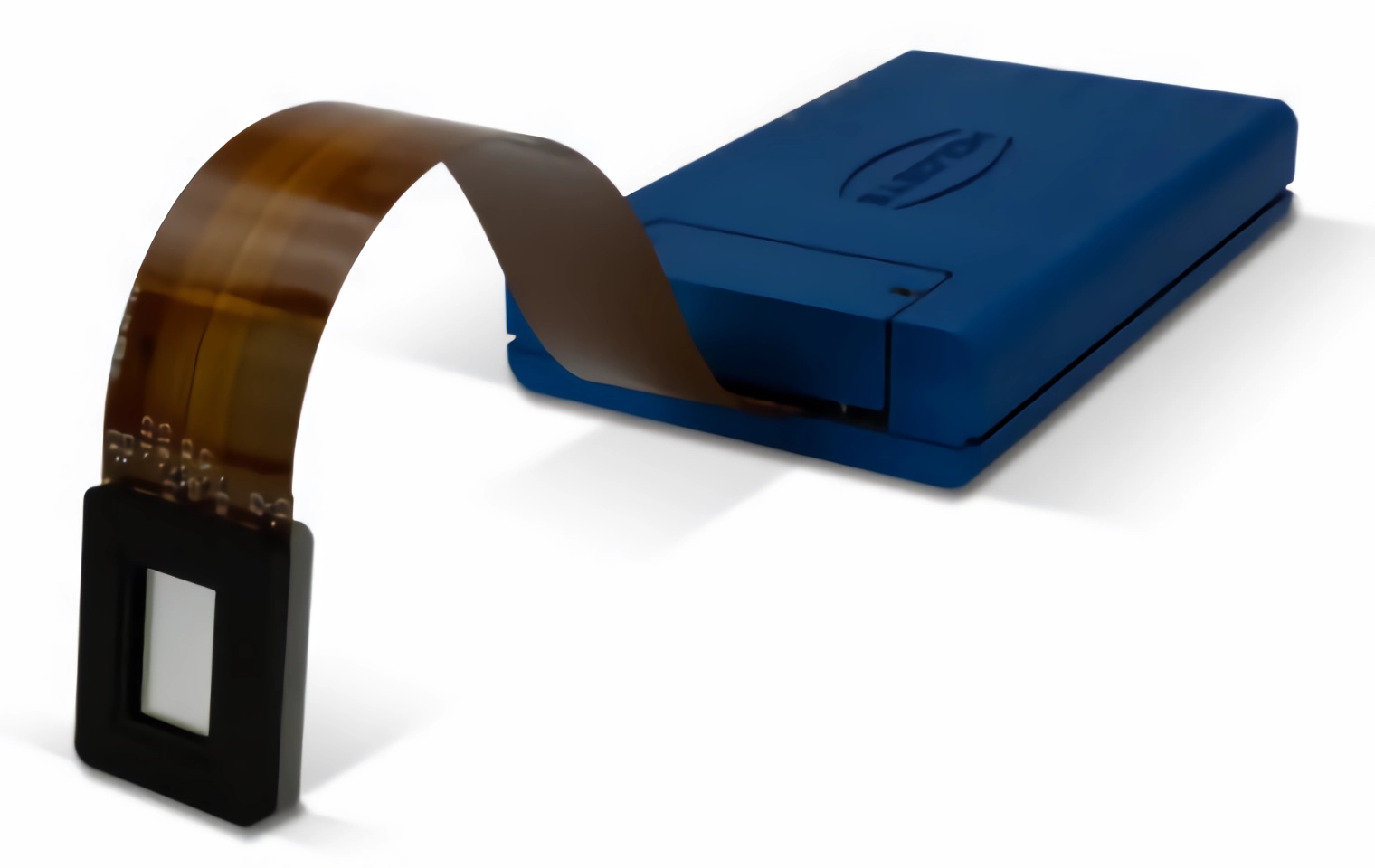
The analog ERIS Spatial Light Modulator extends our broad SLM product range for applications with particular requirements. The SLM device shows extreme phase stability, low latency and low crosstalk.
The ERIS phase only Spatial Light Modulator is based on an 0.717″ LCOS microdisplay with a resolution of 1920×1200 pixels and 8µm pixel pitch. The SLM provides 8-bit phase levels but can also be operated in 10-bit phase mode.
The ERIS SLM is a plug & play phase modulator device and can be addressed with phase functions via standard graphics cards as an extended monitor device. Addressing can be done using the supplied Pattern Generator software or the SLM Slideshow Player software or standard image viewer software. HOLOEYE also provides an SLM Display Software Development Kit (SDK) which provides APIs (Application Programming Interface) for different programming languages.
The ERIS driver uses an HDMI interface for addressing phase functions and an USB connection to communicate with the driver (to changing the voltage vs. gray level distribution (gamma control) and dynamic range (voltage across the LC cell) in order to calibrate the SLM for different wavelengths). Besides this the driver features a trigger sync output to synchronize the device with external devices.
ERIS Analog Phase Only Spatial Light Modulator Versions:

Currently we offer 2 versions of the ERIS phase SLM. One version is optimized for the visible range and one version is optimized for usage at 1550nm.
| Version | Wavelength Range | Max. Phase Shift | Recommendation |
|---|---|---|---|
| ERIS-VIS-109 | 420 – 650 nm | 2 Pi @ 650 nm | |
| ERIS-TELCO-110 | 1500 – 1600 nm | 2.1 Pi @ 1550 nm |
ERIS Spatial Light Modulator Kit – Contents:
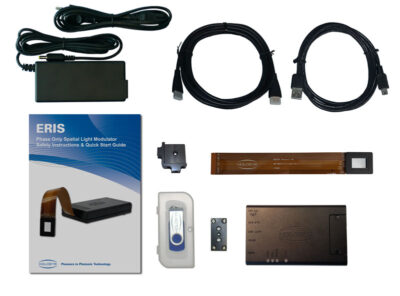
| ERIS Spatia75486l Light Modulator – Scope of Supply |
|---|
| Phase only display incl. flex cable |
| Driver unit |
| Device mount |
| Display mount |
| Power supply + cable |
| USB/mini USB cable |
| HDMI cable |
| Safety instructions & quick-start guide (test polarizer inside) |
| USB flash drive with software package and documentation |
ERIS LCOS Phase Modulator – Software Features:
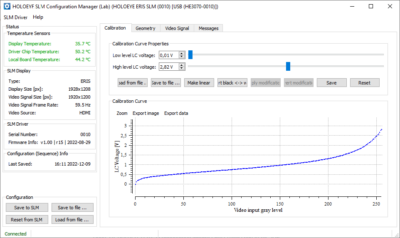
The ERIS phase only modulator devices can simply be addressed like an external monitor using the standard HDMI interface of the graphics card. No additional software or dedicated hardware is needed to operate the SLM.
The LCOS SLM device is delivered with a GUI (Graphical User Interface) based Configuration Manger software. The Configuration Manager can be used to change geometrical settings, brightness, contrast and the electrooptical response by adjusting pixel voltages. An USB interface is used for these advanced callibrations.
In addition a HOLOEYE SLM Pattern Generator software is provided with the SLM:
‧Computation of computer generated holograms (CGH) from user defined images
‧generation of SLM signals representing basic optical functions such as lenses, gratings, axicon and vortex functions
‧superposition of CGH’s with basic optical functions to combine functionalities
Besides that a special SLM Slideshow Player Software comes with the device. Also an SLM Display SDK is avaialbe for download which provides APIs (Application Programming Interface) for different programming languages to show images and data/ phase arrays directly on a HOLOEYE Spatial Light Modulator:
‧C or C++ compiler (e. g. Microsoft Visual C++ Compiler)
‧National Instruments LabVIEW 2011 and later
‧MathWorks MATLAB R2009b and later
‧Octave 7.2
‧Python 2.7 and 3.x
| GAEA Software Features | ||
|---|---|---|
 | SLM Configuration Manager | Geometry / Gamma Control |
 | SLM Pattern Generator | Basic DOE computations; Generation of optical functions (Circular Aperture, Fresnel Zone Lens, Axicon, Single and Double Slit …); Gratings (incl. Blazed and Sinusoidal), superposition of functions (e.g. prisms, Zernike polynomials…) |
 | SLM Slideshow Player | Plays slideshow of user defined precalculated functions or images |
 | SLM Display SDK | APIs to show images and data/ phase arrays directly on using LabVIEW™, MATLAB®, Octave or Python™ |
ERIS LCOS Phase Modulator – Software Features:
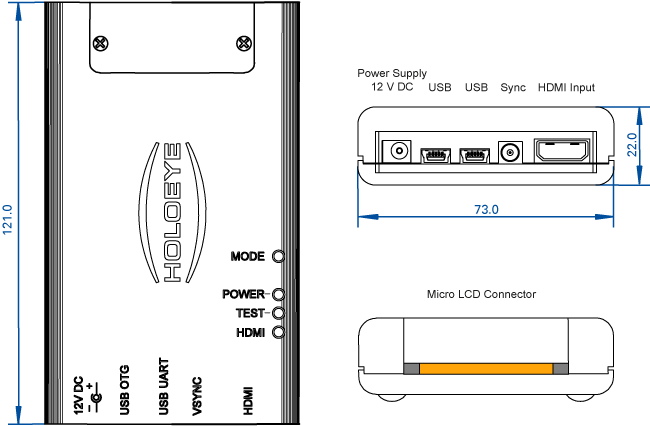
Display Dimensions (Unit: mm):
